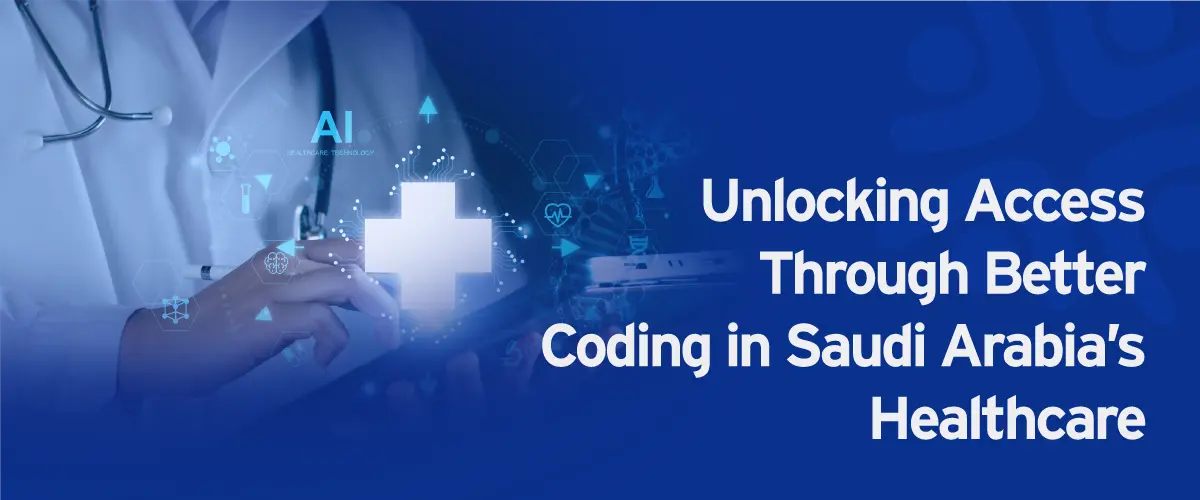
Medical Coding is the silent backbone of modern care and a foundational component of health systems. By translating clinical diagnoses, procedures, and services into standardized alphanumeric codes, medical coding enables the systematic documentation, billing, reimbursement, and analysis of healthcare activities across both public and private sectors. Beyond its administrative utility, medical coding plays a critical role in shaping national health policy, informing epidemiological research, guiding health technology assessments (HTA), and supporting the implementation of value-based care models.
As healthcare systems globally transition toward data-driven decision-making, the accuracy and consistency of coding practices have become integral to ensuring transparency, efficiency, and accountability.
In Saudi Arabia, where healthcare transformation is a strategic pillar of Vision 2030, the development and standardization of medical coding infrastructure are central to achieving national health objectives. Initiatives led by the Saudi Health Council and other regulatory bodies emphasize the need for robust clinical classification systems, localized coding adaptations, and improved coding literacy among providers.
This article provides an overview of the major challenges and opportunities related to innovative technologies coding in the Kingdom of Saudi Arabia. It highlights critical topics that must be addressed to ensure effective future planning and decision-making, particularly as the Kingdom advances its Vision 2030 healthcare transformation agenda.
These topics include budget-conscious decision-making, timely access to innovative technologies, closing coding gaps, and addressing the rapid pace of medical device innovation. By tackling these issues, the coding framework in the Kingdom can support innovation, enable efficient reimbursement, and enhance patient access to high-value medical technologies.